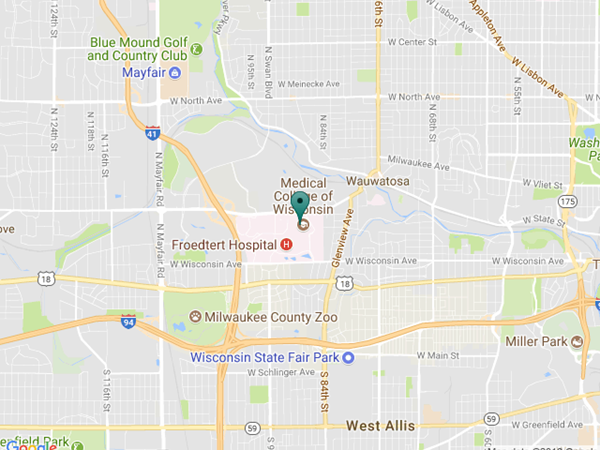Medical College of Wisconsin Bioethics Programs and Certificates


Master of Arts in Bioethics
If you’re focused on helping physicians and healthcare institutions analyze and resolve difficult ethical issues that arise at the bedside in individual patient cases, MCW’s MA in Bioethics may be just for you
Learn about our Master of Arts in Bioethics
Graduate Certificate in Clinical Bioethics
If you’re interested in gaining an essential introduction to the philosophical, legal and clinical foundations of bioethics, MCW’s Certificate in Bioethics program was created just for you.
Learn about our graduate certificate in bioethics
Graduate Certificate of Advanced Qualifications in Human Subjects Protection
The Certificate of Advanced Qualifications in Human Subjects Protection provides additional training and academic benefit to advanced IRB members, i.e., those that have served on an IRB for more than two years.
Learn about our certificate of advanced qualifications in human subjects protectionFollow Us On Our Socials
Stay up-to-date on events, news, and other happenings in the MCW Graduate School!



